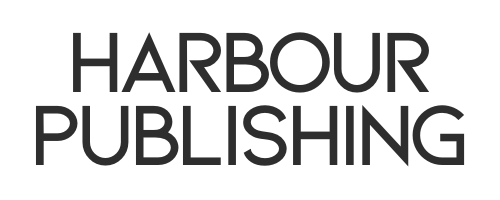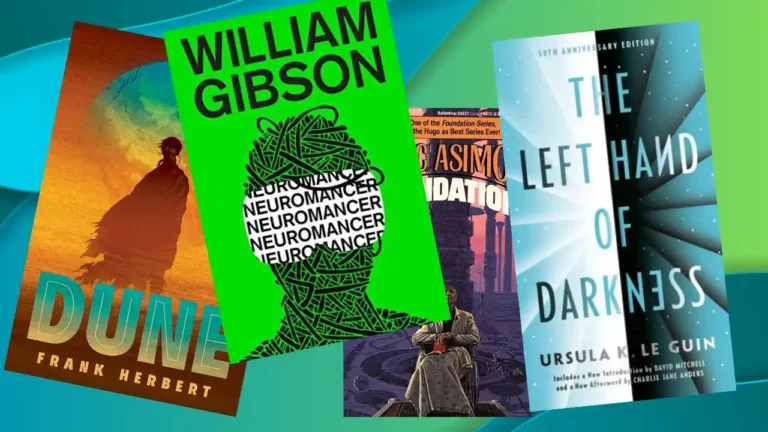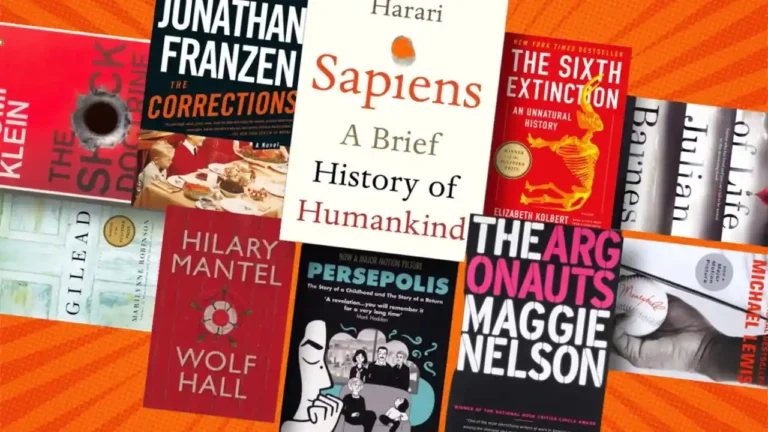The Best Philosophy Books to Read for Deep Thinking and Wisdom
Philosophy has shaped human thought for centuries, offering insights into the nature of existence, ethics, knowledge, and society. Whether you’re a beginner or an experienced reader, philosophy books can challenge your perspective and expand your understanding of the world. Below is a carefully curated list of the best philosophy books, covering different schools of thought and essential thinkers.
1. Meditations by Marcus Aurelius
A timeless classic, Meditations is a collection of personal writings by Roman Emperor Marcus Aurelius. As a proponent of Stoicism, he reflects on life, virtue, resilience, and the impermanence of existence. This book is essential for those interested in self-discipline and inner peace.
Why Read It?
- Offers practical wisdom for everyday life.
- Encourages mindfulness and self-control.
- Provides insights into leadership and personal growth.
2. The Republic by Plato
Plato’s The Republic is one of the most influential works in Western philosophy. It explores justice, the ideal state, and the role of philosophers in society. Through dialogues featuring Socrates, Plato presents his famous theory of forms and allegory of the cave.
Why Read It?
- Engages with deep political and ethical questions.
- Introduces the concept of an ideal society.
- Forms the foundation of Western philosophical thought.
3. Beyond Good and Evil by Friedrich Nietzsche
Nietzsche challenges traditional moral values in Beyond Good and Evil, arguing that societal norms limit individual greatness. He introduces ideas like the “will to power” and critiques religion, democracy, and conventional philosophy.
Why Read It?
- Questions moral conventions and traditional beliefs.
- Encourages individualism and self-overcoming.
- Offers a profound critique of Western civilization.
4. Being and Time by Martin Heidegger
A cornerstone of existentialism and phenomenology, Being and Time explores what it means to “be.” Heidegger introduces concepts like Dasein (human existence) and authenticity, urging readers to confront the reality of their mortality.
Why Read It?
- Challenges conventional understandings of existence.
- Provides a deep exploration of time, being, and human consciousness.
- Essential for anyone interested in existential philosophy.
5. Critique of Pure Reason by Immanuel Kant
Kant revolutionized philosophy by exploring the limits and capacities of human reason. In Critique of Pure Reason, he argues that our understanding of reality is shaped by both experience and innate cognitive structures.
Why Read It?
- Lays the foundation for modern epistemology and metaphysics.
- Explores the relationship between perception and reality.
- Challenges traditional philosophical assumptions about knowledge.
6. Nicomachean Ethics by Aristotle
A fundamental work in ethical philosophy, Nicomachean Ethics discusses virtue, happiness, and the good life. Aristotle introduces the concept of the “golden mean,” advocating for balance in all aspects of life.
Why Read It?
- Provides practical ethical guidance.
- Examines human flourishing and virtue ethics.
- Influences modern discussions on morality and character development.
7. Thus Spoke Zarathustra by Friedrich Nietzsche
In this philosophical novel, Nietzsche introduces the concept of the Übermensch (Overman) and proclaims “God is dead.” Thus Spoke Zarathustra is poetic, provocative, and deeply philosophical, blending storytelling with profound insights.
Why Read It?
- Engages with ideas of self-overcoming and personal transformation.
- Challenges religious and societal norms.
- Rich in literary and philosophical depth.
8. The Prince by Niccolò Machiavelli
A seminal work in political philosophy, The Prince examines power, leadership, and statecraft. Machiavelli offers a realistic, sometimes ruthless approach to governance, advocating for pragmatism over morality.
Why Read It?
- Provides valuable lessons on leadership and power dynamics.
- Challenges traditional notions of morality in politics.
- Essential reading for political scientists and strategists.
9. The Myth of Sisyphus by Albert Camus
Camus explores the idea of absurdism and the search for meaning in The Myth of Sisyphus. He argues that life is inherently meaningless but that individuals must find their own purpose.
Why Read It?
- Introduces the philosophy of absurdism.
- Encourages reflection on meaning and existential purpose.
- Challenges traditional philosophical notions of meaning.
10. A History of Western Philosophy by Bertrand Russell
This comprehensive work offers an overview of Western philosophy, from the pre-Socratics to modern thinkers. Russell provides clear, engaging analysis, making philosophy accessible to all readers.
Why Read It?
- Covers major philosophical ideas across history.
- Written in an engaging and approachable style.
- Great introduction for beginners.
11. The Social Contract by Jean-Jacques Rousseau
Rousseau’s The Social Contract explores political philosophy, arguing for the idea that legitimate political authority derives from the consent of the governed. His ideas influenced modern democracy and revolutionary movements.
Why Read It?
- Discusses freedom, equality, and political legitimacy.
- Influential in modern democratic theory.
- Challenges traditional ideas about government and society.
12. Tractatus Logico-Philosophicus by Ludwig Wittgenstein
Wittgenstein’s Tractatus explores the relationship between language and reality. He argues that philosophical problems arise due to misunderstandings of language.
Why Read It?
- Challenges traditional philosophy through linguistic analysis.
- Provides deep insights into logic and meaning.
- Essential for those interested in analytic philosophy.
13. The Tao Te Ching by Laozi
A foundational text of Taoism, The Tao Te Ching is a poetic and philosophical exploration of harmony, balance, and the way of nature. Its teachings offer profound insights into life and existence.
Why Read It?
- Encourages a harmonious and mindful way of living.
- Offers wisdom applicable to daily life.
- Explores the principles of Taoist philosophy.
14. Discourse on Method by René Descartes
Descartes’ Discourse on Method is a seminal work in modern philosophy, introducing the famous phrase “I think, therefore I am.” He lays the foundation for rationalist philosophy and scientific inquiry.
Why Read It?
- Forms the basis of modern rationalist thought.
- Explores skepticism and the nature of knowledge.
- Fundamental reading for those interested in epistemology.
Final Thoughts
Philosophy books offer timeless wisdom and challenge our thinking about life, existence, and society. Whether you’re drawn to ethics, politics, existentialism, or metaphysics, this list provides a well-rounded introduction to the greatest minds in philosophy. Which one will you start with?







